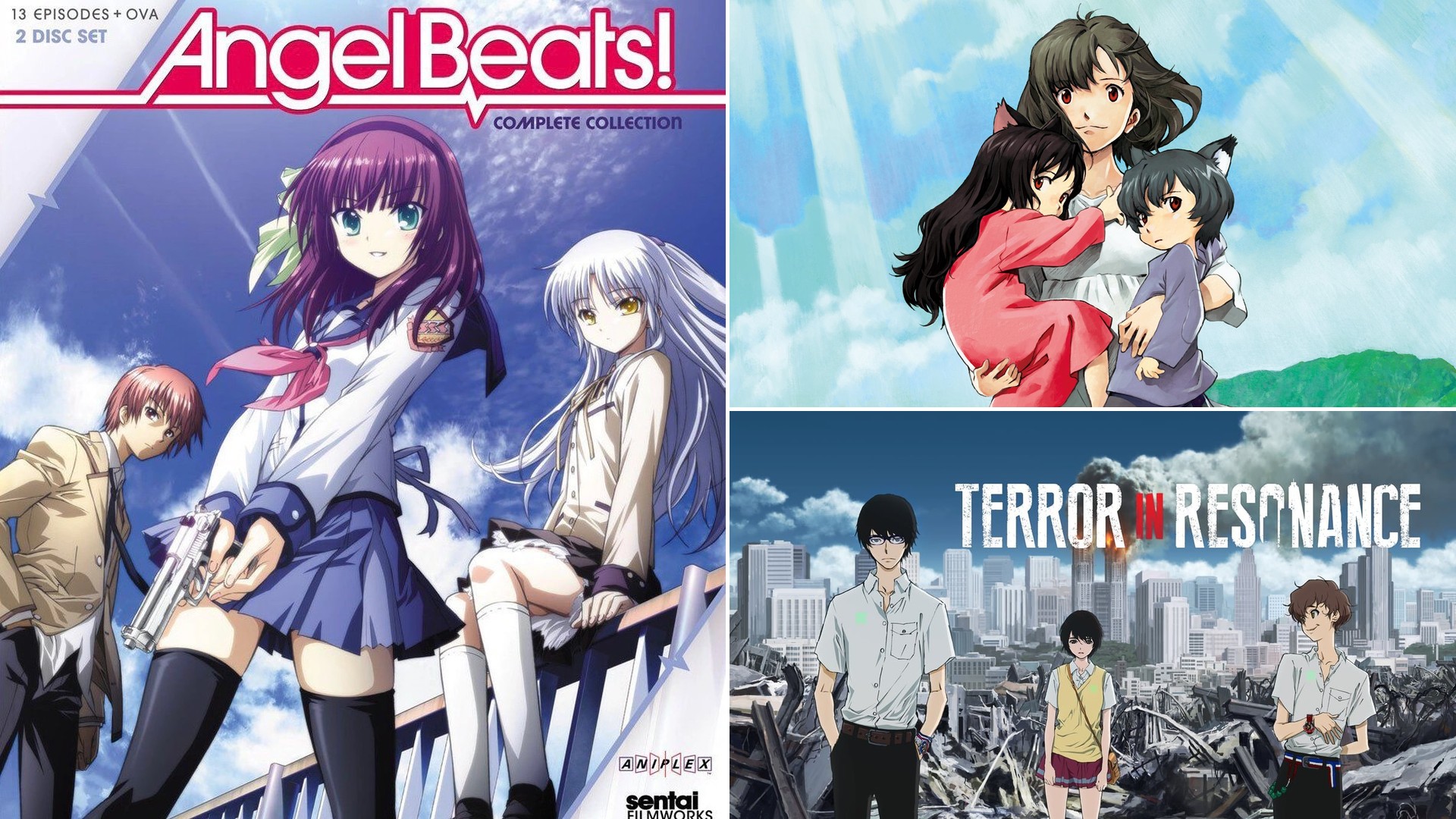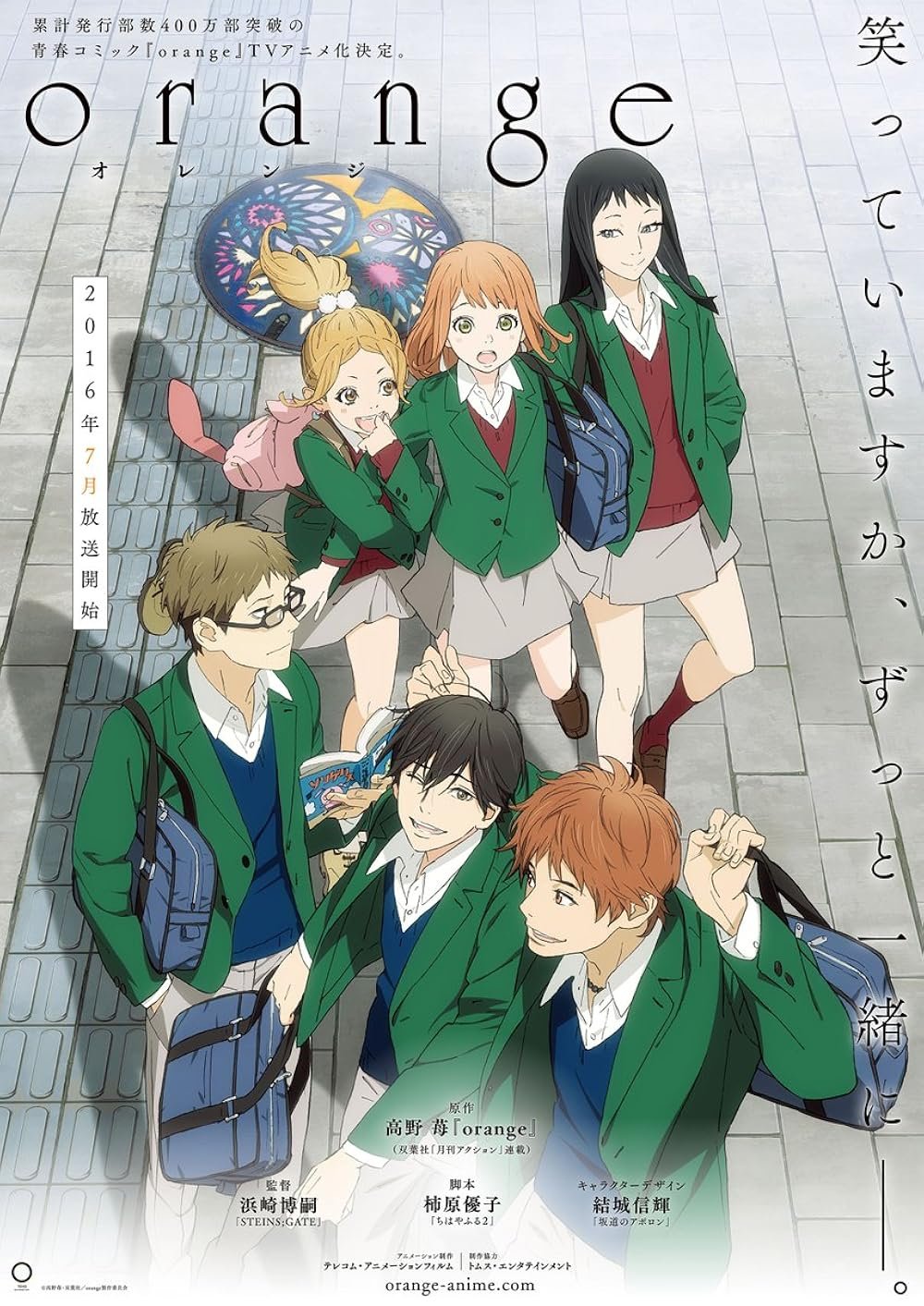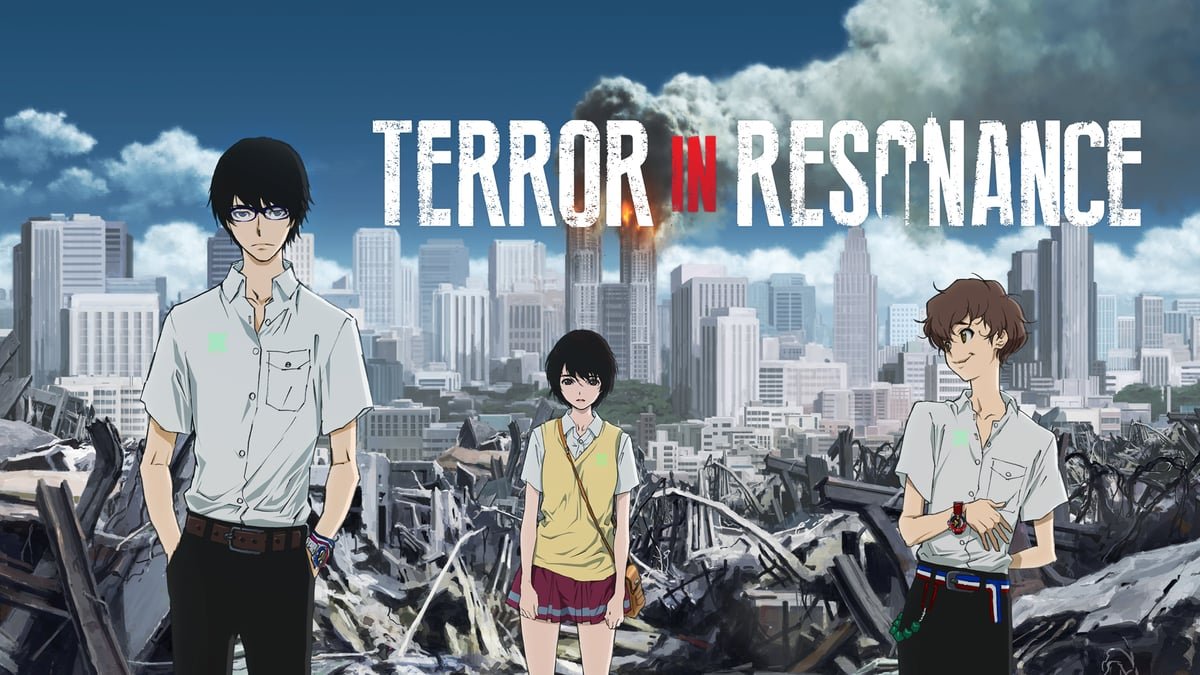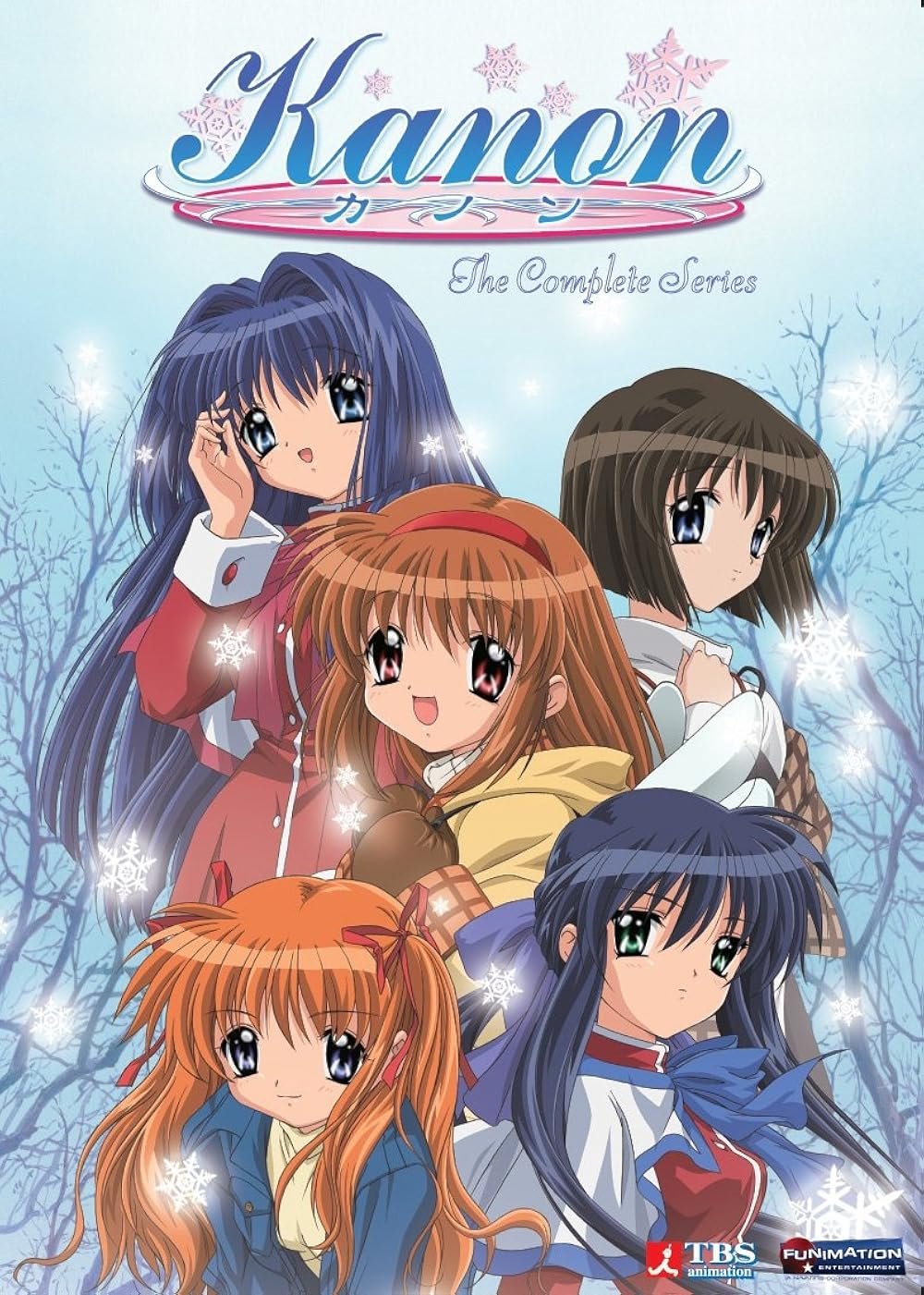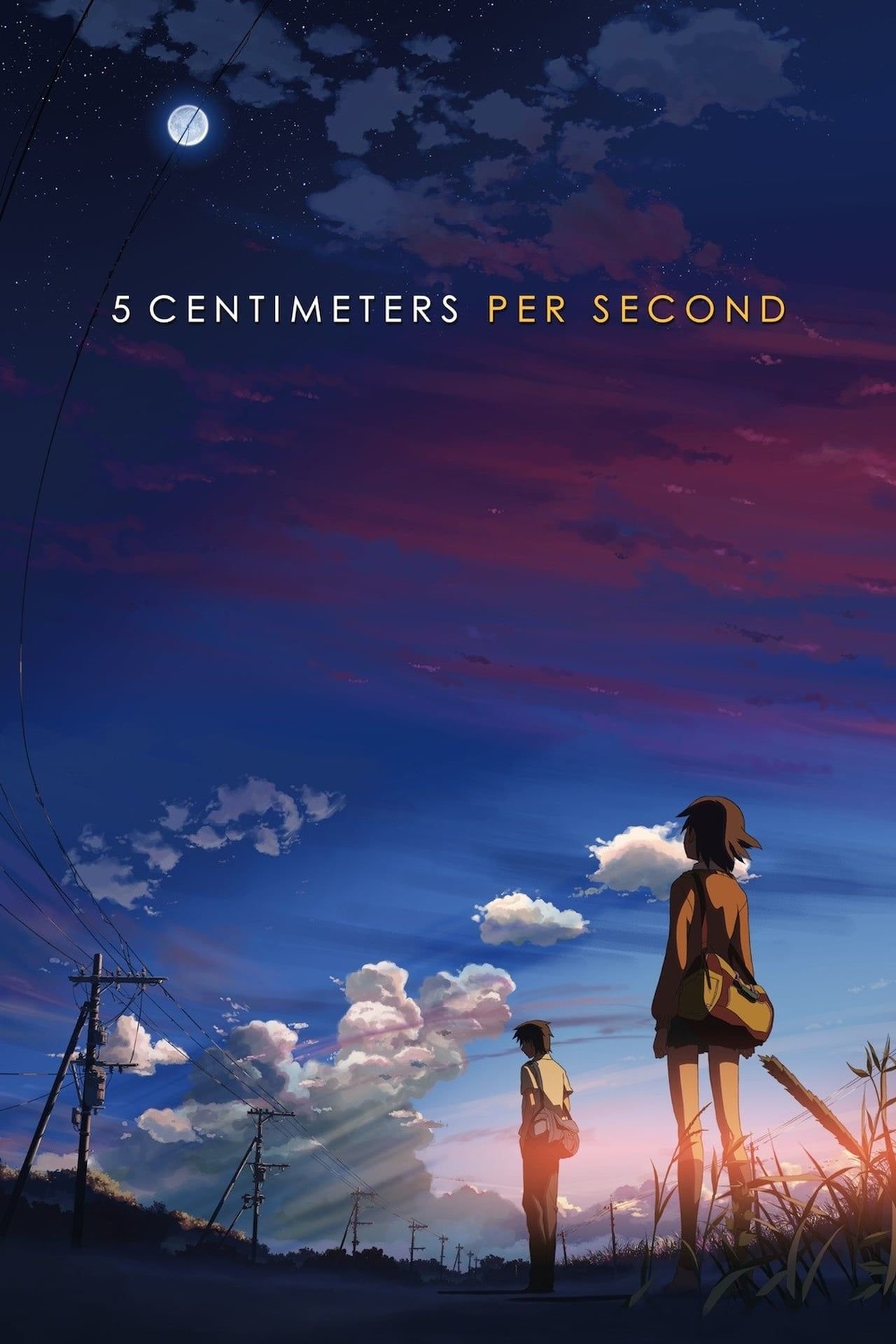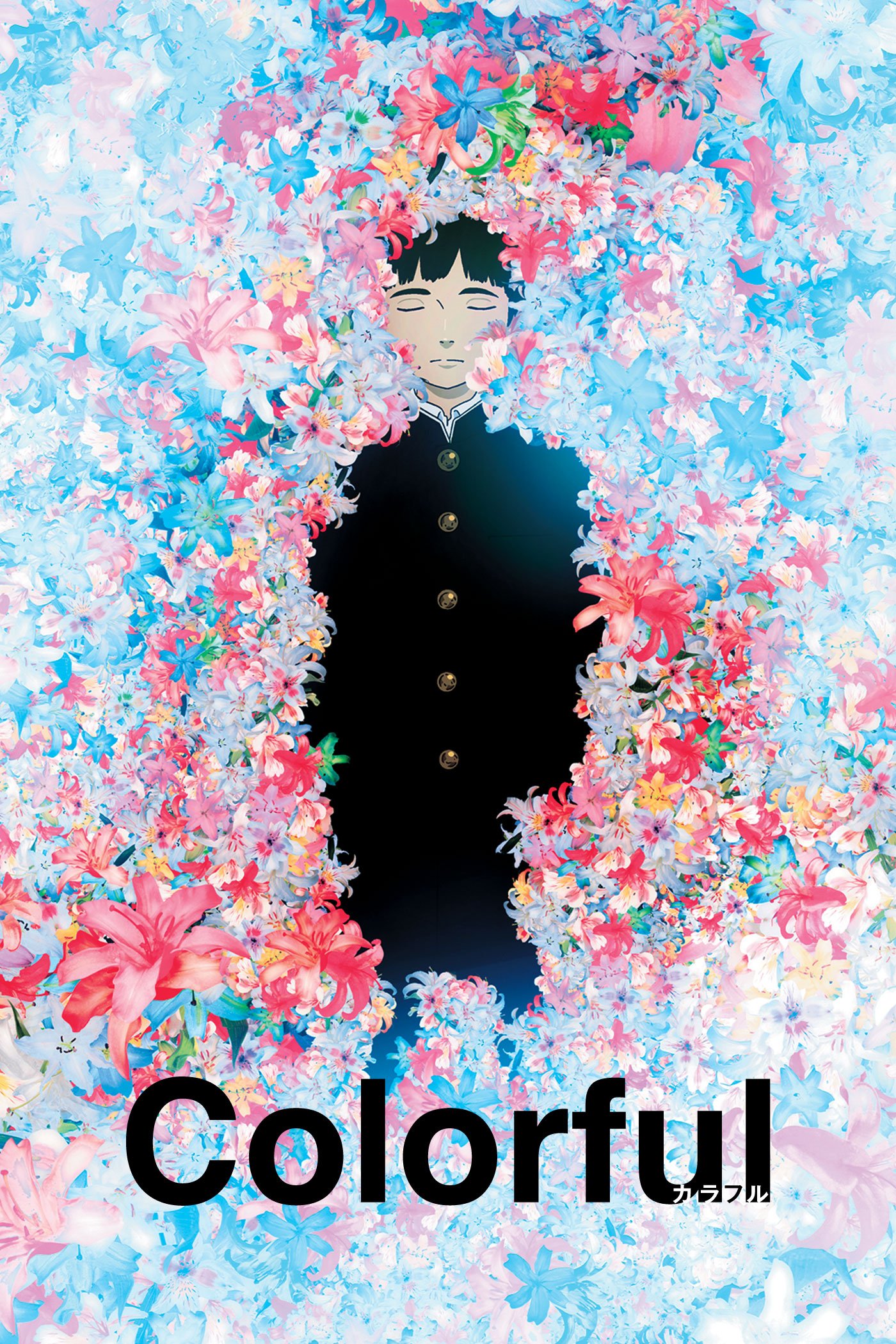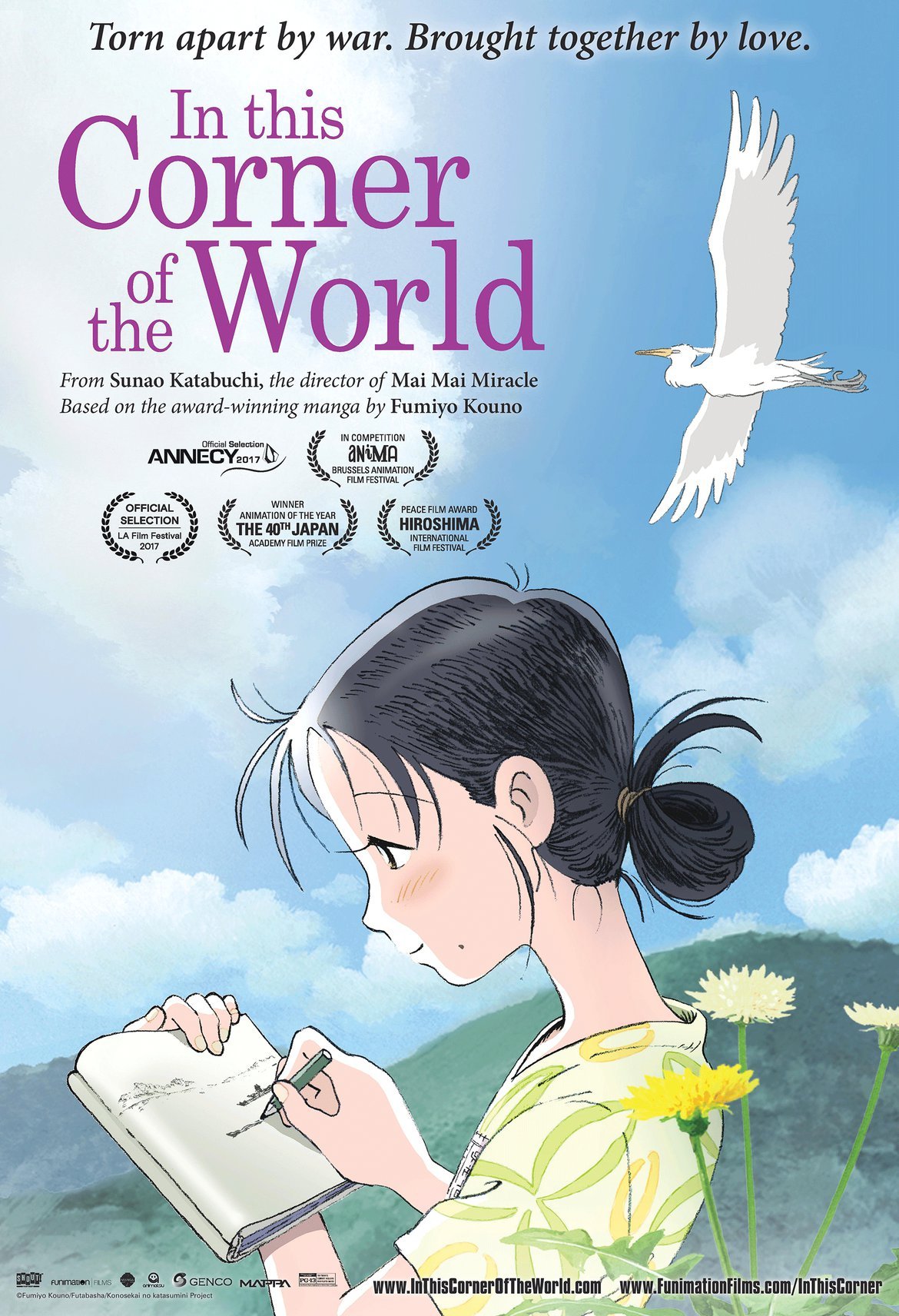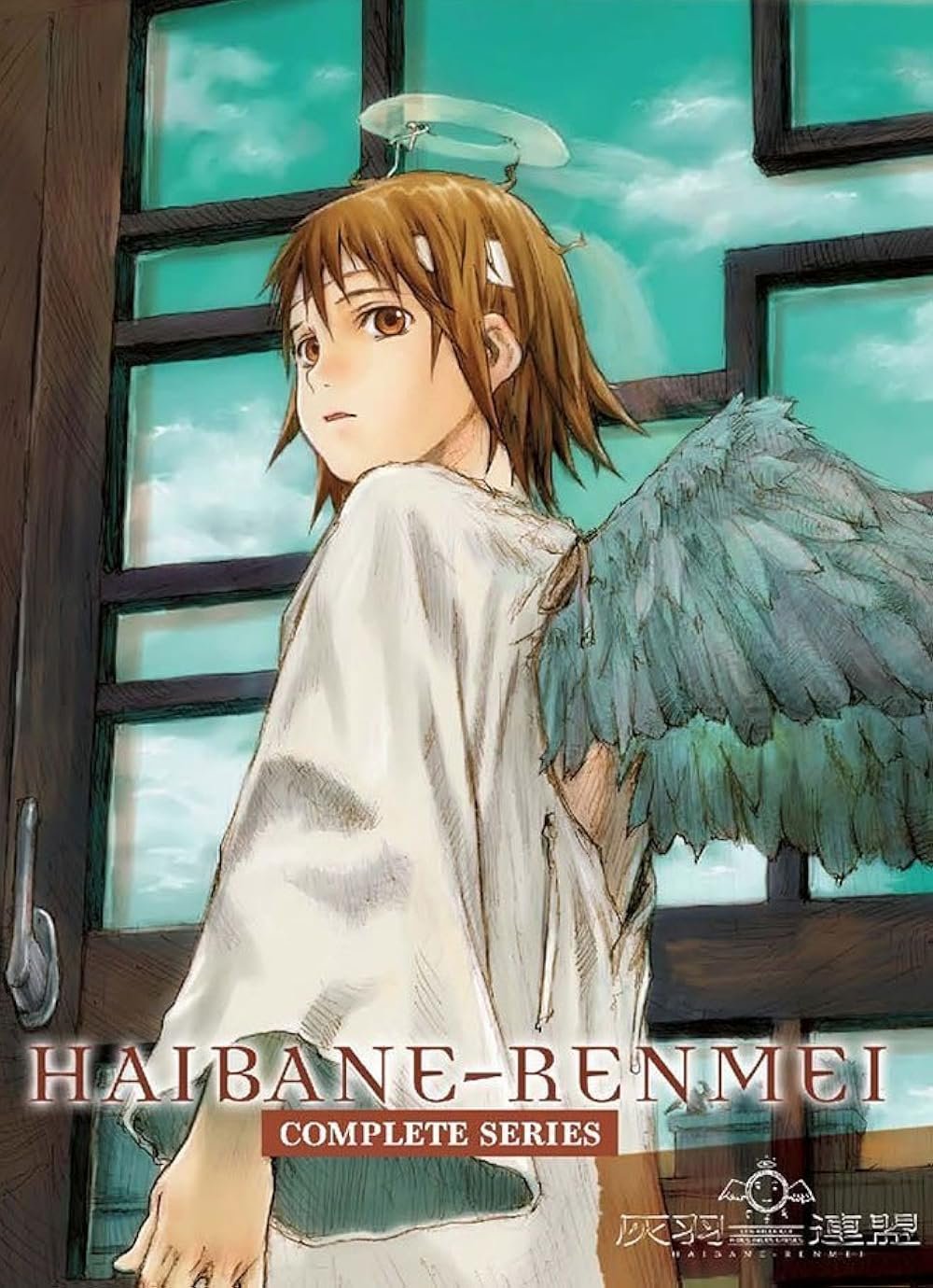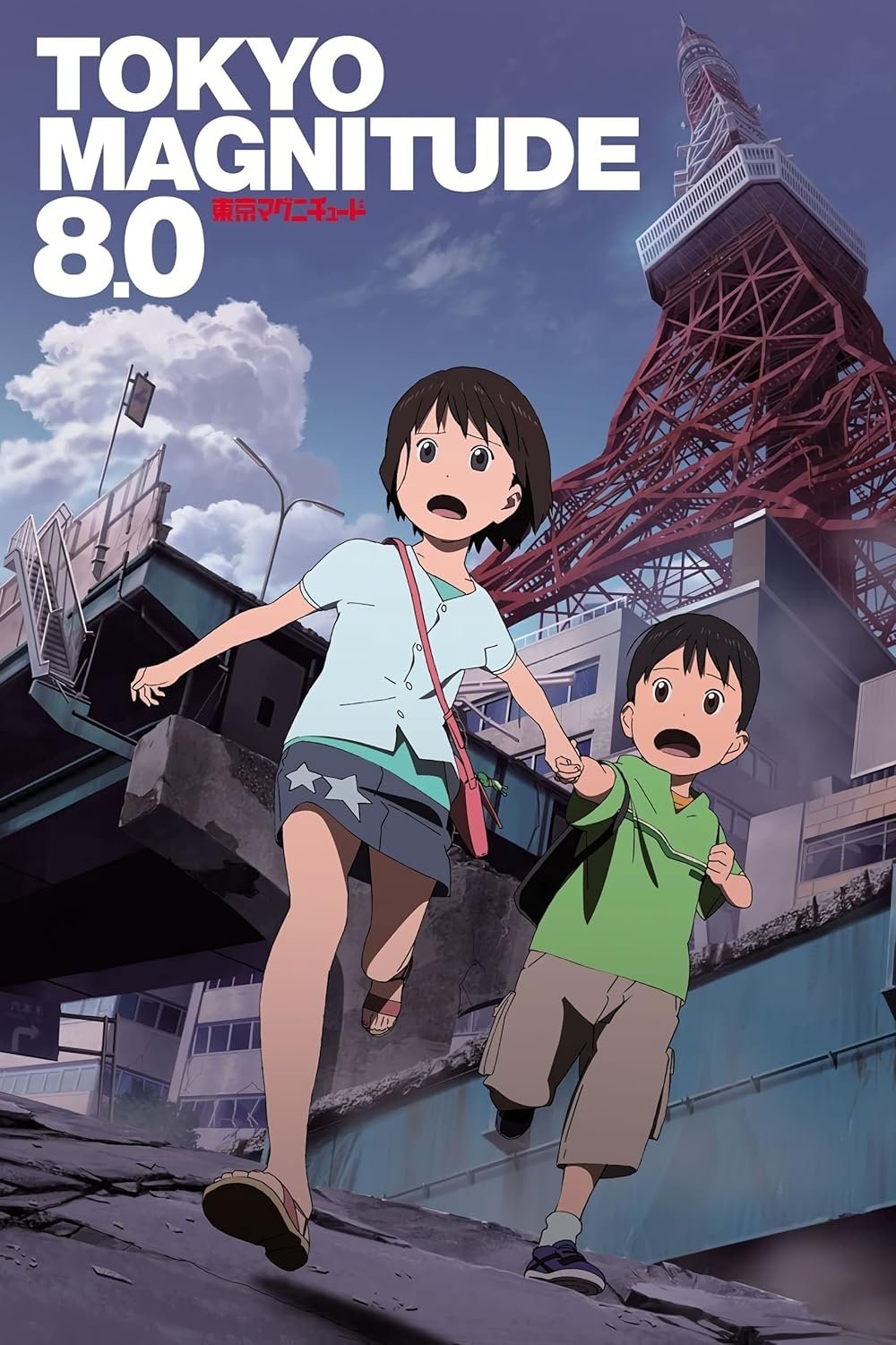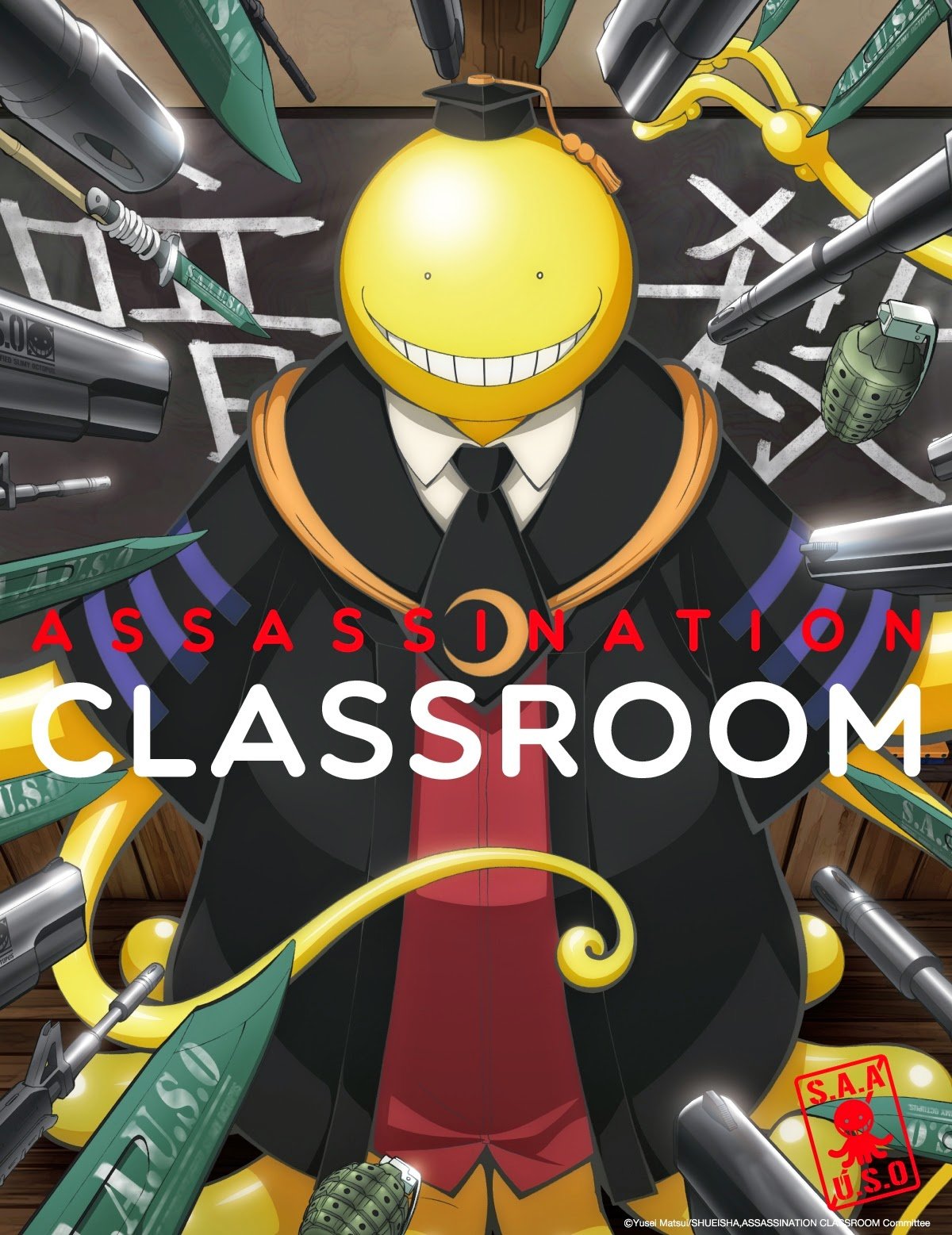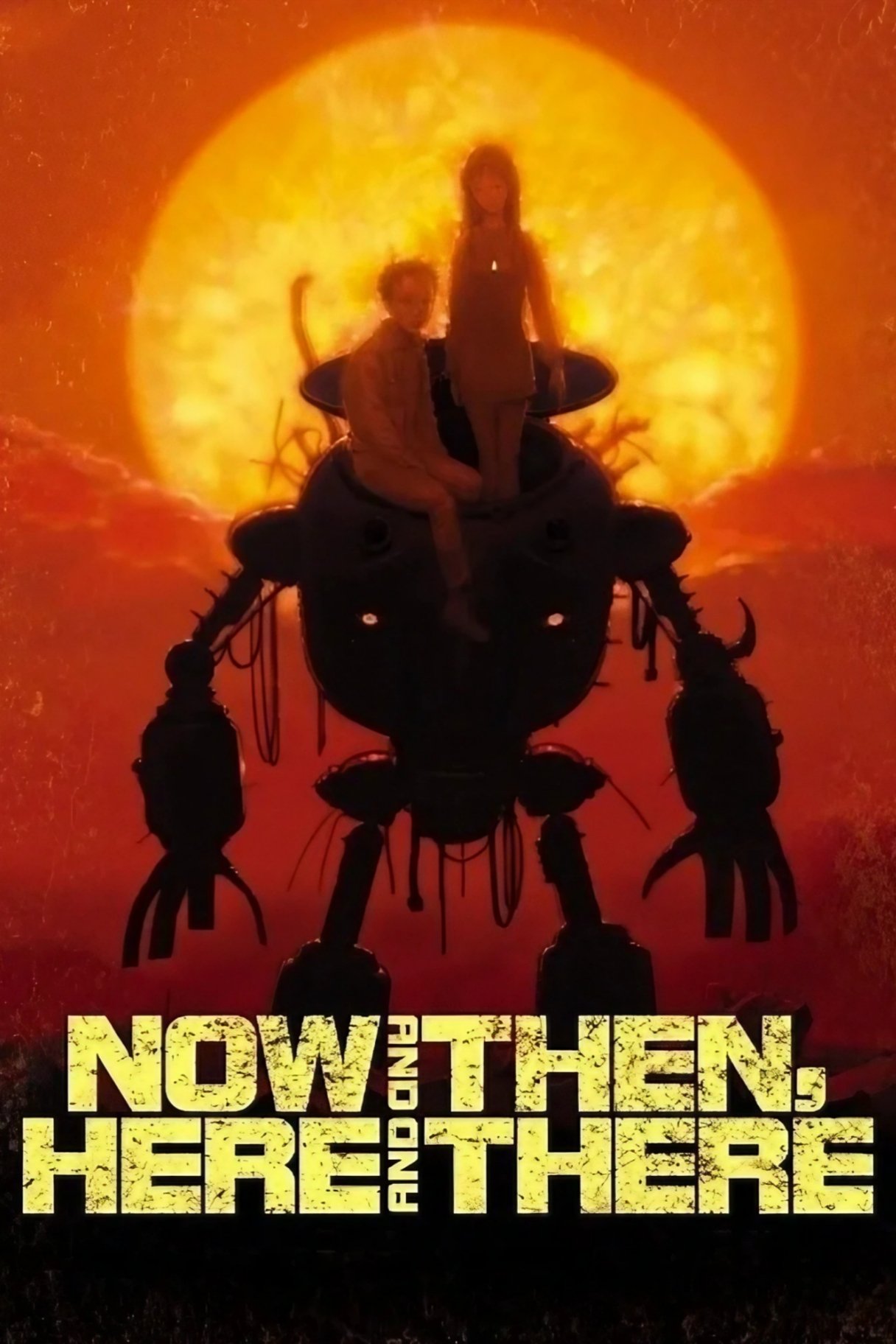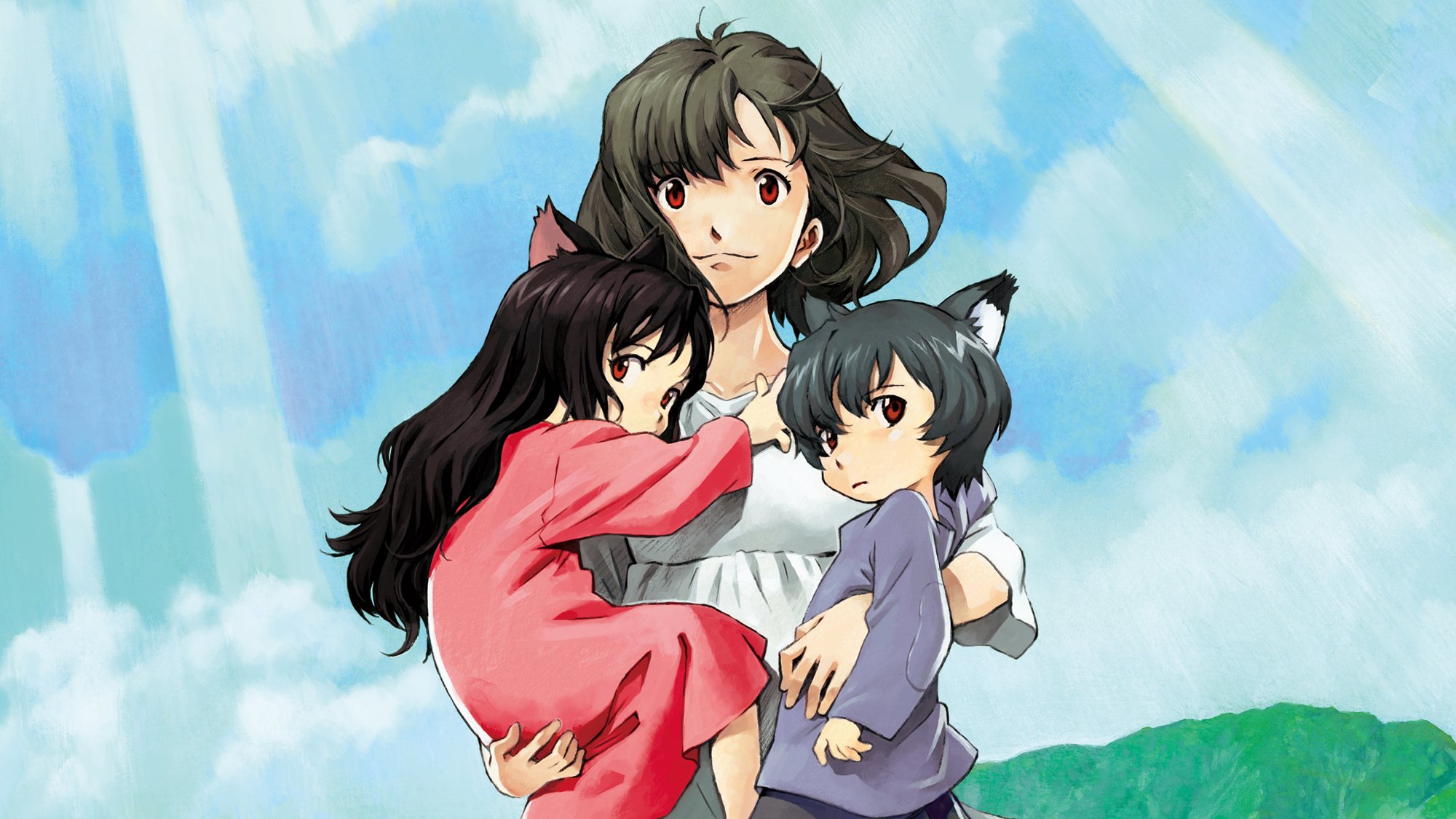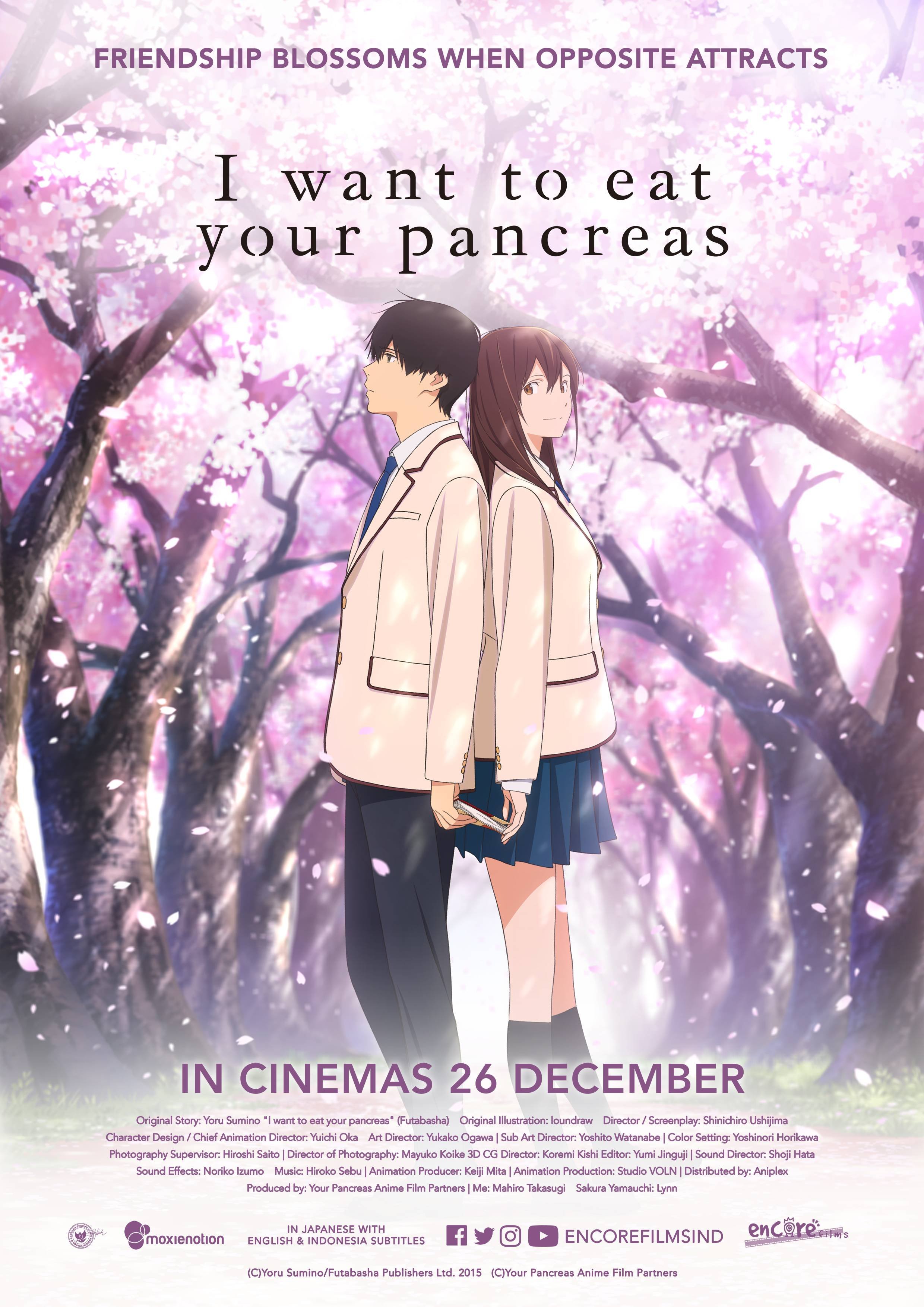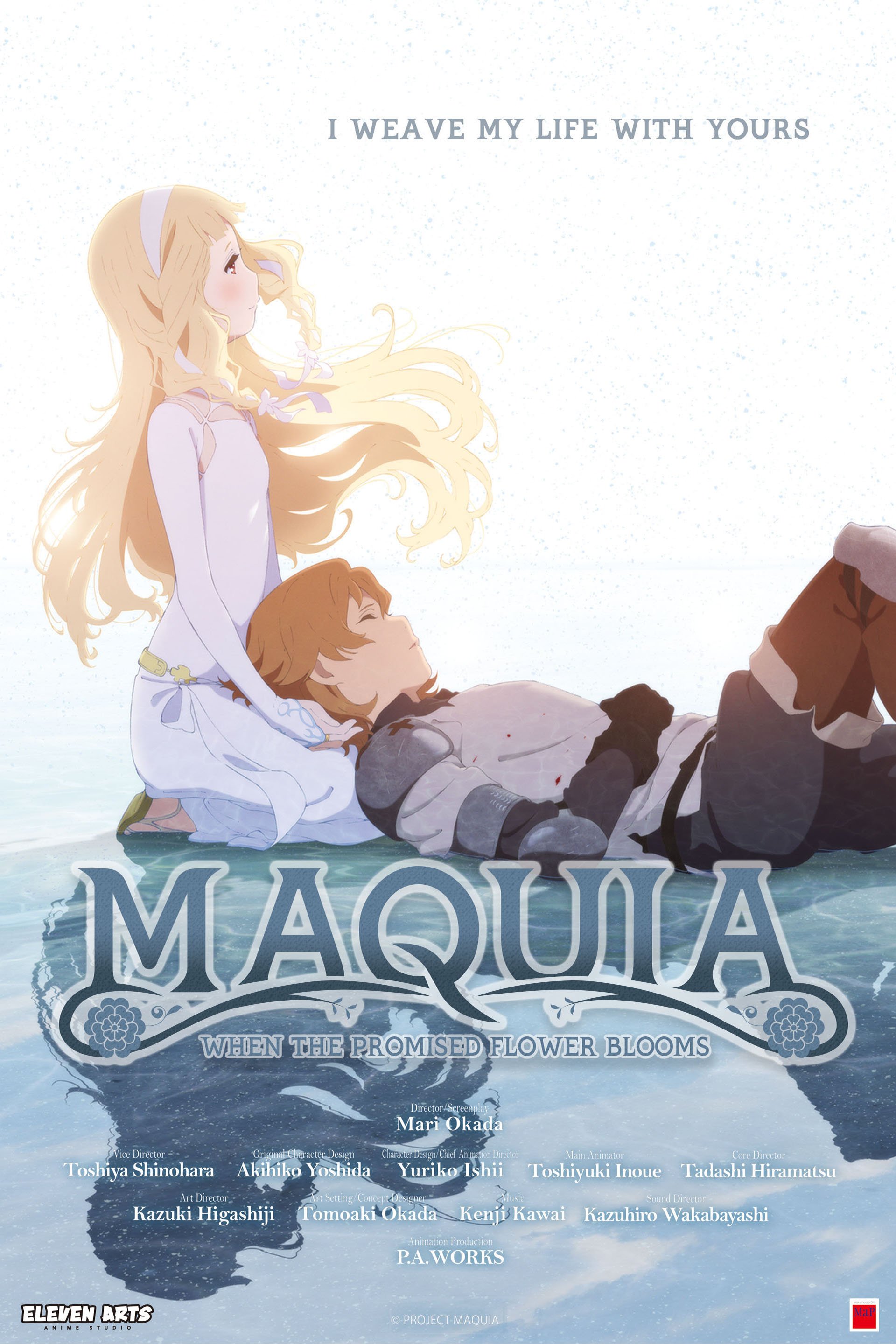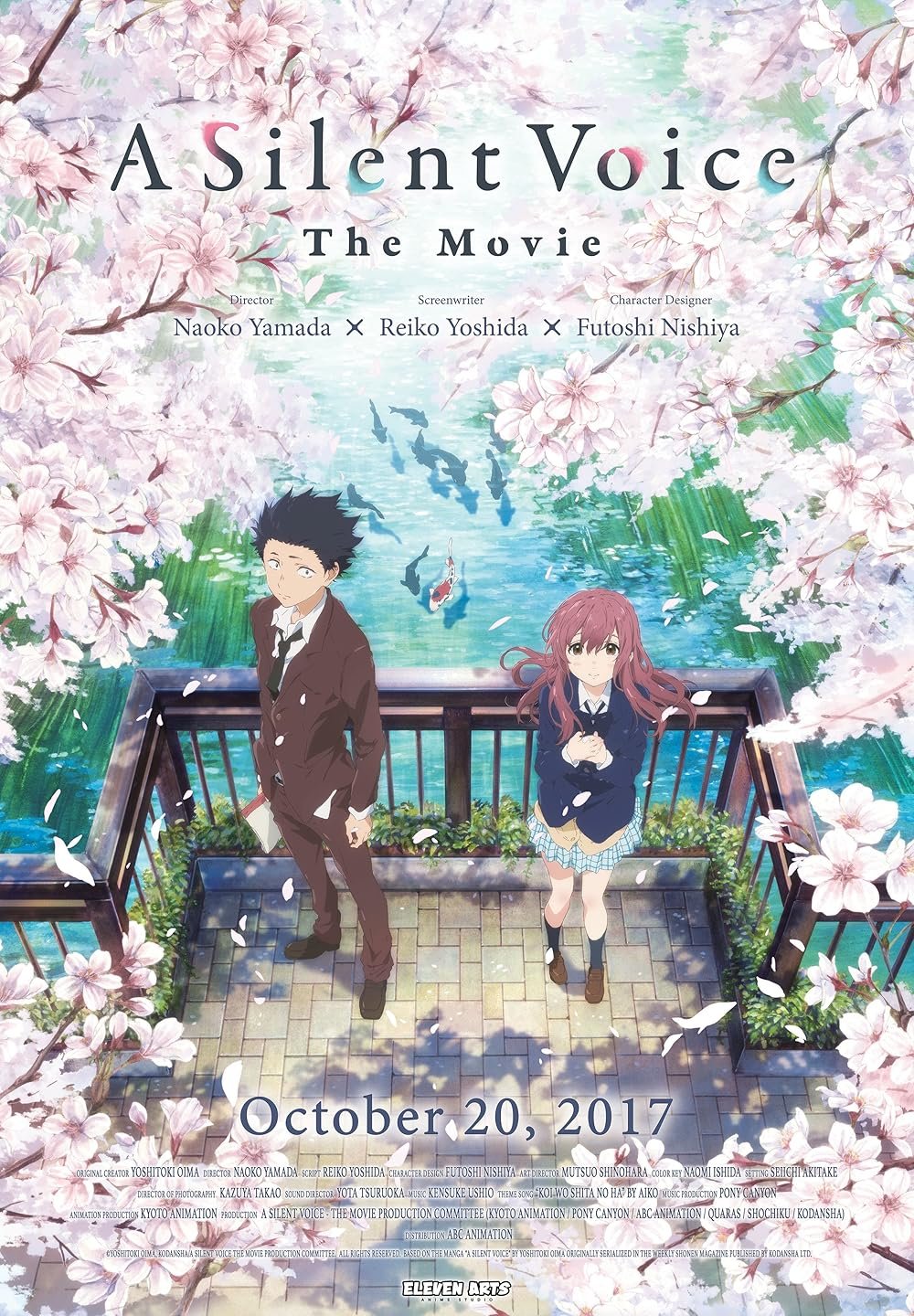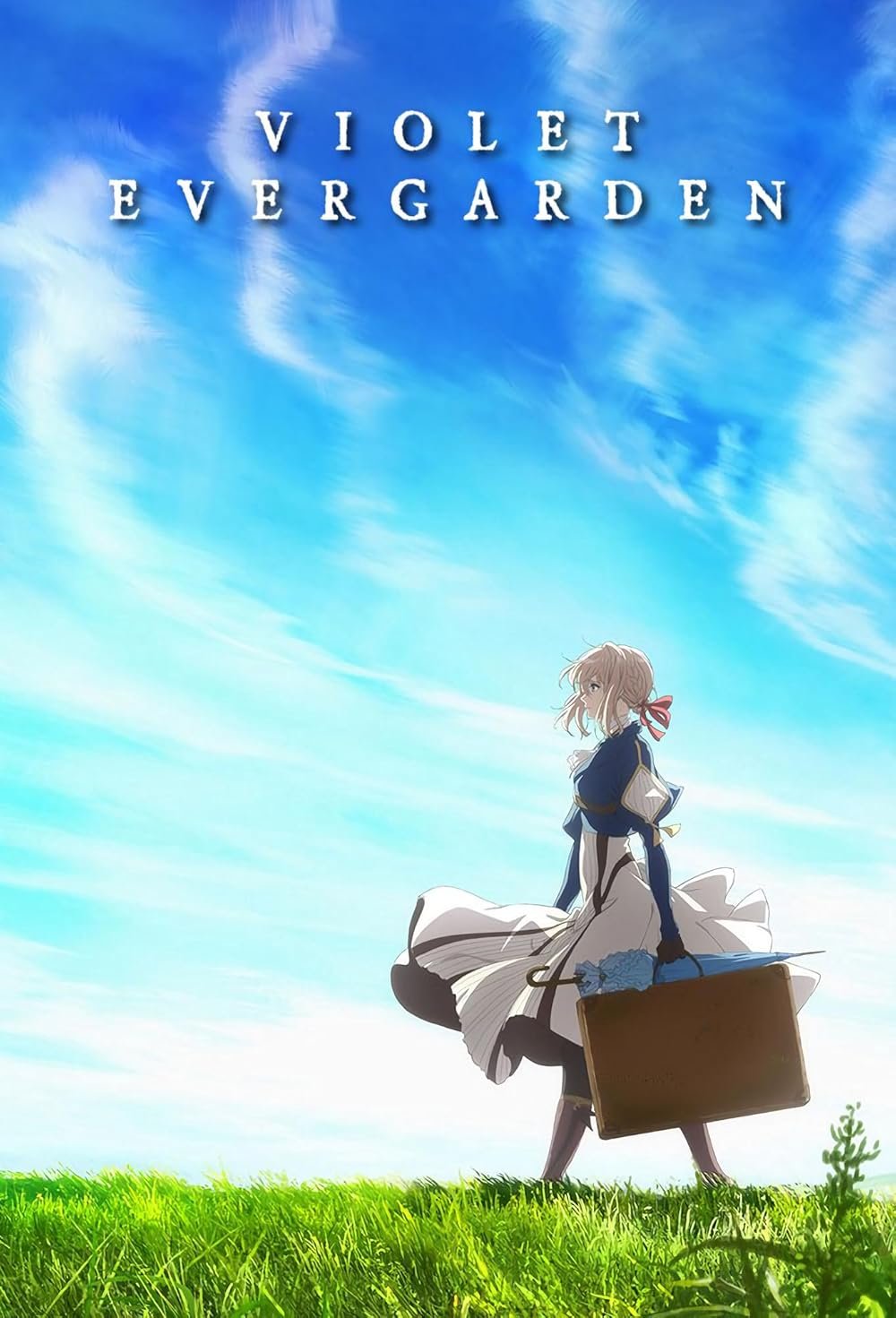Some anime leave you with a lump in your throat and a quiet room. This ranked list moves from #25 to #1 and highlights stories shaped by loss, regret and resilience. The focus stays on why each title hits hard, not only on twists or shock. Expect talk of grief, war, family and the weight of time.
Different shows will land differently for each viewer, but the common thread is sincere emotion and strong craft. From quiet slice-of-life drama to wartime tragedy, each pick earned its place for the way it handles pain and healing. If you are sensitive to heavy topics, consider checking content advisories before watching, since several entries deal with death and trauma.
#25 Orange
Orange is a high school drama about letters from the future asking a friend group to save a classmate from suicide. Its sadness comes from small choices that add up and the fear of missing a chance to help. The time-slip idea is used to stress how heavy a single day can feel to someone in pain.
The show treats guilt and depression carefully and gives space to supportive actions. You see how checking in, inviting someone out and sharing the burden can matter a great deal. The cast’s mix of hope and regret hits because it feels real.
Orange is gentle, not flashy and the quiet scenes linger. Its message about community and the courage to speak up is both heavy and kind. The sadness is balanced by the push to value each shared moment.
#24 Terror in Resonance
Two teens carry out cryptic attacks in Tokyo while a weary detective tries to read their intent. The series is sad because it frames their acts as the voice of kids failed by systems that should have kept them safe. What looks like a cat-and-mouse thriller is really a plea for recognition.
Nine and Twelve are written as lonely, brilliant and exhausted. Their bond is the only stable thing they have and the cost of being seen is high. The city’s scale makes their isolation feel even more sharp and cold.
The detective’s role matters too. He is patient and human, looking for truth rather than easy punishment. That search brings brief empathy but not full relief.
The score and sound design do a lot of the emotional lifting. Long silences and a few striking tracks underline a mood of waste and regret, which lingers past the final scene.
#23 Kanon (2006)
Kanon follows a boy returning to a snowy town and reconnecting with girls tied to half-remembered promises. The winter setting suits the tone, where memories are both warm and painful. Each arc touches on illness, loss, or distance that cannot be fully closed.
What makes it sad is how kindness does not erase fate. Acts of care help, but they do not fix everything and that honesty stings. The show treats nostalgia as both comfort and weight.
Soft music and slow pacing give the feelings room to breathe. You come away thinking about how childhood hopes change shape and how we live with broken dreams.
#22 Air (2005)
Air is a summer story about a traveler, a lonely girl and a curse that spans generations. The warm light and seaside images contrast with an ending that feels baked into the world. Sadness arrives like a season you cannot stop.
Misuzu’s struggle is tender and fragile. Simple joys like games and walks become precious because time is short. The show asks you to value small days, not just big milestones.
Air leans on theme over plot. It talks about bonds that outlast bodies and wishes that drift across lives. The result is gentle sorrow, not shock, carried by soft music.
It is a brief watch, but the last stretch stays with you. That closing mood is why people still recall this early key work of tragic romance.
#21 5 Centimeters per Second
This film tracks two people who drift apart over years. The sadness is in realistic distance rather than a single tragic event. Everyday delays and missed chances pile up until the gap is too wide.
The visuals are polished and quiet. Trains, snow and phone screens frame a life that moves on even when you cannot. The film hurts because it treats young love with respect and still says change will win.
It leaves you with a soft ache, not a loud cry. Memory can be kind, but it can also trap you and that is the film’s simple, heavy point.
#20 Colorful (2010)
A lost soul is given a second chance by waking up in the body of a boy after a failed suicide. The task is to learn why the boy fell and to live better. It is sad because empathy arrives late but still matters.
Colorful treats guilt, bullying and family secrets with care. It avoids easy answers and asks viewers to sit with discomfort. The film respects how messy a household can be and how hard it is to change a habit.
The art style looks modest, which fits the grounded tone. When kindness shows up, it feels earned rather than neat. The ending aims for honest hope, not a perfect fix.
More than anything, it argues that noticing someone is a real act. Seeing a person’s whole story can be the start of new life.
#19 In This Corner of the World
This wartime drama follows Suzu, a young woman in Hiroshima, as she builds a life amid scarcity. The film is sad because it gives weight to modest joys that war keeps trying to erase. Daily routines become acts of courage.
The tone is calm, which makes the hard turns hit even more. The focus on food, drawing and neighbors shows what people fight to protect. Loss lands without spectacle and the last note is tender and tired.
It is a story about keeping dignity when the world feels cruel. The lingering image is small kindness in a broken place.
#18 Haibane Renmei
In a walled town, quiet beings with gray wings live by simple rules and try to earn a “Day of Flight.” The sadness is soft and spiritual, focused on atonement and self-worth. The show never rushes to explain everything.
Rakka’s journey is about learning to live with a hidden wound. The rules feel strict but caring and the community’s patience is its own kind of love. Healing is shown as a slow path, not a single event.
The series uses silences and muted colors to build mood. When someone leaves, it feels right and sad at the same time. It suggests forgiveness is the key to real freedom.
Haibane Renmei leaves questions open in a good way. It trusts viewers to sit with grief and find meaning in quiet.
#17 Tokyo Magnitude 8.0
Two siblings try to get home after a major quake hits Tokyo. The show is sad because it treats disaster with respect for everyday people. It follows practical steps, small kindnesses and the weight of uncertainty.
As the journey goes on, the tone grows heavier. The bond between the kids and their helper feels true, which is why the final stretch hurts. The show earns its tears by staying close to reality.
There are no big speeches, just care and effort. The series reminds you that even brief connections can make a huge difference.
#16 Plastic Memories
In a world where androids called Giftia have limited lifespans, a retrieval team collects them before breakdown. The sadness is built-in, since every partnership starts with a known goodbye. The show asks how you love when the end date is set.
Tsukasa and Isla’s bond grows through office routines and field visits. Sweet moments feel fragile because each one might be the last. That clock gives even simple scenes a quiet sting.
The series handles grief as preparation, not just aftermath. Rituals and paperwork become part of love. It says presence matters most when time is short.
While there is comedy, the core is tender. The final episodes follow through on the premise with clear eyes and heart.
#15 Assassination Classroom
A class is told to kill their own teacher, a strange creature who promises to destroy Earth. The twist is that he becomes the best mentor they ever had. The sadness comes from growth tied to an unavoidable farewell.
Koro-sensei teaches study habits, courage and empathy. Watching misfit students gain confidence is joyful, which makes the end hurt more. The show honors teaching as a life-changing bond.
Action and gags sit beside sincere lessons about effort and failure. The last stretch feels like graduation and loss in one and it lands with real weight.
Also Read
10 phrases that sound supportive but are actually a subtle sign of manipulation
#14 Now and Then, Here and There
A cheerful boy is pulled into a harsh desert world ruled by a violent regime. The series is sad because it refuses to look away from cruelty against children. It is frank about war, exploitation and power.
Shu’s optimism is tested again and again. His refusal to give up is not naive but a choice. That stance offers thin light in a very dark place.
Characters around him show different survival tactics, many born of trauma. The show treats them with care rather than judgment. It is hard to watch at times, but it has moral clarity.
When hope appears, it is small and practical. A drink of water, a shared plan, a step toward safety. Those details make the grief feel earned, not cheap.
Also Read
10 Phrases That Sound Supportive But Are Actually a Subtle Sign of Manipulation
#13 Wolf Children
After a sudden loss, Hana raises two half-wolf kids on her own. The film is sad because it frames parenthood as sacrifice and joy at once. You see the cost of every choice and the pride that follows.
The rural setting turns daily chores into big tasks. Weather, work and secrecy shape the family’s world. Watching the children choose their own paths feels both right and painful.
The last act is a storm of feelings. It closes on love that lets go, which is the core of the film’s truth.
#12 Banana Fish
Set in the world of gangs and crime, this story centers on Ash and Eiji’s bond amid danger. The sadness comes from tenderness trying to survive in a violent life. The show balances action with aching intimacy.
Also Read
People With Low Emotional Intelligence Often Miss These 6 Social Cues
Trauma is handled with gravity, not spectacle. Ash’s skill and beauty do not shield him from the past and Eiji’s warmth is a rare safe space. Their scenes together carry calm and fear at once.
The series builds toward a loss that feels both inevitable and cruel. It leaves you with gratitude for what they shared and anger at what was taken.
It is also about found family and loyalty. Small mercies stand out in a city that rarely gives them, which is why the grief lingers.
#11 I Want to Eat Your Pancreas
A quiet boy meets a girl living with a fatal illness and they change each other’s days. The title sounds shocking, but the story is warm and reflective. It finds meaning in trips, notes and small risks.
Also Read
8 Weird Habits You Don’t Realize You Have From Growing Up In A “We Can’t Afford It” Household
The film is sad because the bond forms fast and ends sooner than you hope. The boy learns how to reach out, which is a gift and a burden. The last letters and memories hurt in a soft, human way.
It respects the value of time spent together. Grief and gratitude are tied and that mix is the film’s lasting tone.
#10 Maquia: When the Promised Flower Blooms
Maquia, from a long-lived people, raises a human boy she rescued as an infant. The sadness is built on different lifespans and the costs of love. Each new stage of his life brings pride and ache.
The film treats motherhood as an act of courage. Maquia makes hard choices alone, often in silence and keeps going. The emotional peaks arrive in ordinary places like kitchens and doorways.
Also Read
10 Phrases That Sound Supportive But Are Actually A Subtle Sign Of Manipulation
Politics and war run in the background, but the focus stays on family. Time is the true antagonist and it wins. The closing scenes are tender and devastating.
Beautiful music and careful framing push feelings without cheap tricks. It earns tears by honoring small, lived moments.
#9 A Silent Voice
This film follows a boy seeking to make amends for bullying a deaf classmate. It is sad because it shows harm you cannot fully undo. Apologies matter, but they do not erase scars.
The use of sound and quiet is thoughtful. Scenes of noise, silence and sign language teach the viewer how to pay attention. The film asks for empathy without neat absolution.
Also Read
8 Cringey Phrases Older Relatives Use at Family Dinners That Younger Guests Dread
By the end, connection feels possible if not perfect. It is a story about choosing to live among others again, which is a brave step.
#8 Angel Beats!
Set in a school-like afterlife, a group of teens with regrets resists moving on. The sadness lies in the stories they share and the joy they were denied in life. Humor sets you up for heavier turns.
Music plays a big part in building emotion. Stage scenes and quiet talks both matter and friendships form fast because time is strange here. When goodbyes come, they feel gentle and final.
The show speaks to people who feel they wasted chances. It offers comfort and closure, even if not everyone gets the same ending.
While some arcs are brief, the core message lands: being seen is a kind of freedom and moving on can be an act of love.
